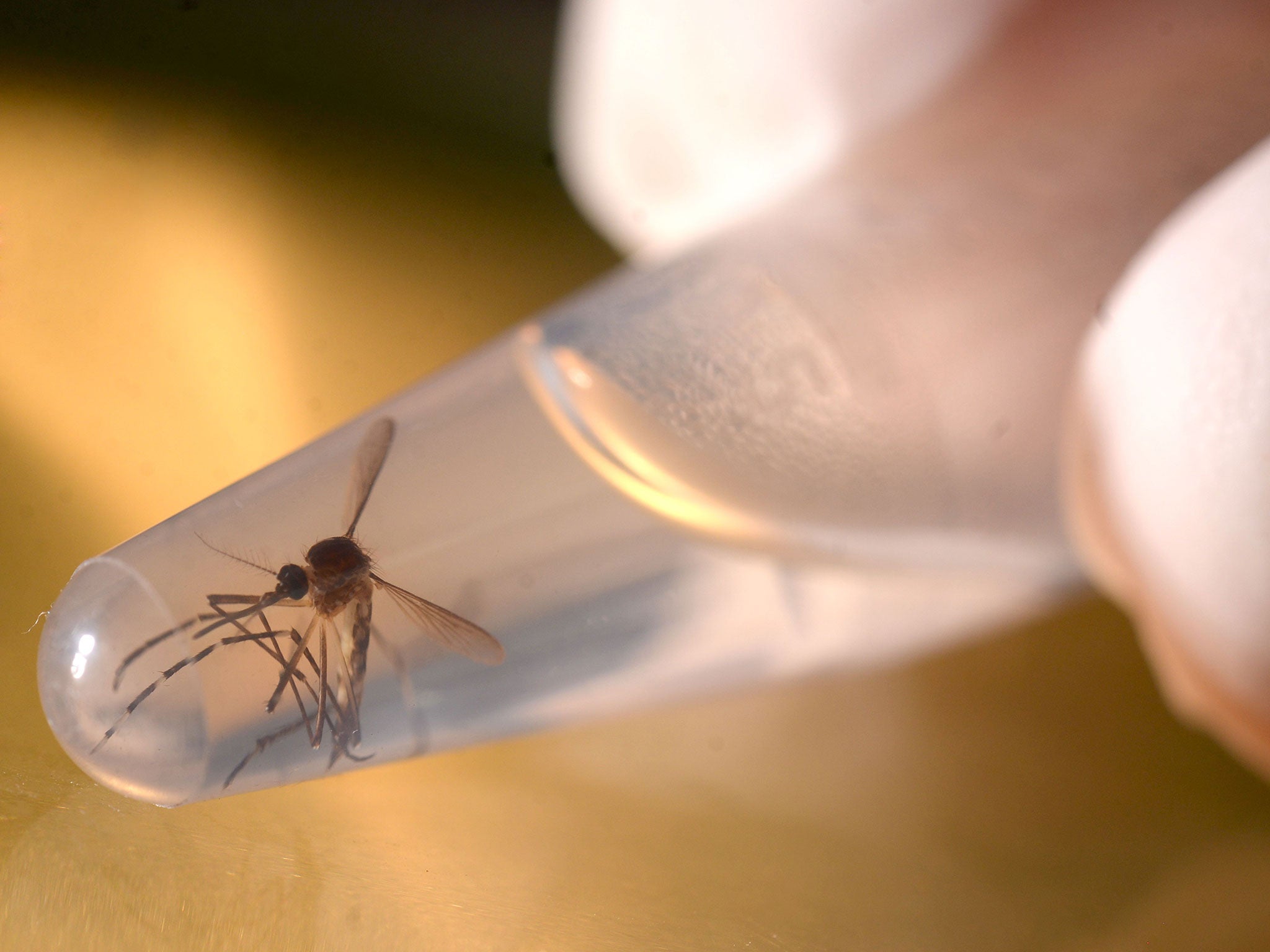Zika: What is Guillain-Barre syndrome linked to the virus?
The virus is also linked to microcephaly

Your support helps us to tell the story
From reproductive rights to climate change to Big Tech, The Independent is on the ground when the story is developing. Whether it's investigating the financials of Elon Musk's pro-Trump PAC or producing our latest documentary, 'The A Word', which shines a light on the American women fighting for reproductive rights, we know how important it is to parse out the facts from the messaging.
At such a critical moment in US history, we need reporters on the ground. Your donation allows us to keep sending journalists to speak to both sides of the story.
The Independent is trusted by Americans across the entire political spectrum. And unlike many other quality news outlets, we choose not to lock Americans out of our reporting and analysis with paywalls. We believe quality journalism should be available to everyone, paid for by those who can afford it.
Your support makes all the difference.A link has been found between Zika virus infection and Guillain-Barre syndrome (GBS), a rare disorder that affects the nervous system and can result in disability and death.
The mosquito-borne virus which has spread across Central and South America has previously been linked to thousands of cases of microcephaly, which can cause newborn babies to be born with brian damage.
Health officials in the region may now see a spike in the number of people with GBS, as Colombia and Venezuela, which have been Zika hotspots, have already reported incidents.
Q: What is Guillain-Barre syndrome (GBS)?
A: GBS is a rare but serious disorder in which the immune system is thought to run out of control and attack peripheral nerves. Symptoms develop rapidly, causing muscle weakness and pain. In severe cases muscles affecting speech, swallowing and breathing may be paralysed. In about 20% to 30% of cases, GBS can lead to respiratory failure, and about 5% of patients die.
Q: What causes GBS?
A: In most cases, GBS develops after a mild infection of the sort that can cause cold symptoms, sore throats or stomach upsets.
Scientists believe it is triggered by the immune system overreacting to bacterial or viral infection.
Q: How common is GBS?
A: Thankfully, Guillain-Barre syndrome is rare. Across Europe and North America it affects only one to two members of the general public out of 100,000 each year.
One of the most common risk factors is infection by the food-poisoning bug Campylobacter jejuni, a common cause of gastroenteritis found in contaminated poultry. On very, very few occasions, GBS has been known to occur after receiving a flu jab.
Q: What is the connection between GBS and Zika virus?
A: A group of 42 patients diagnosed with GBS on the Pacific island of Tahiti, French Polynesia, experienced symptoms of Zika infection some six days before they started to develop neurological problems. All had Zika virus antibodies in their blood.
Based on an analysis of data from these patients, experts calculated a GBS incidence rate of 24 cases per 100,000 people infected with the Zika virus. Despite the risk still being relatively low, this is much higher than the incidence rate for the general population.
Press Association
Join our commenting forum
Join thought-provoking conversations, follow other Independent readers and see their replies
Comments